West Virginia’s beauty lies in its distinctive scenic views and attractive small towns, where wildlife contributes substantially to its wild beauty and culture. With a population of approximately 1.8 million, this state has a good association with nature due to nature-related activities such as hiking, fishing, and sightseeing. However, some wildlife, especially hybrid animals, should have no occupancy by private ownership. Wolf hybrids, one-third domestic dog and two-thirds wolf, are one species that garner legal headaches in West Virginia.
As the state preserves its native wildlife, knowing the repercussions of owning a wolf hybrid is essential. People breaking state laws are subject to severe legal consequences. In that case, you must be aware of what animals are illegal to own in West Virginia and the consequences of owning them.
Animals That Are Illegal to Own in West Virginia
Let’s take a look at some animals that you can’t have as pets in West Virginia:
- Specific types of foxes
- Raccoon Dogs
- Wild Mink
- Coyotes
- Bobcats
- Skunks, etc.
Owning a Wolf Hybrid in West Virginia
In West Virginia, it is illegal to own a wolf-hybrid without special permits. These animals are lethal due to unpredictable behavior and wild instincts. The state identifies wolf hybrids as exotic animals, and their ownership is subject to strict laws. Being found with one of these animals illegally carries criminal charges and heavy fines.
Penalties for Illegal Possession
Owning a wolf hybrid in West Virginia without the proper permits can cause legal penalties. You may be charged with a misdemeanor or felony, depending on the circumstances of the case. In most cases, the offense results in fines and potential imprisonment. Fines can range from several hundred dollars to thousands, depending on the severity of the violation and the number of animals involved. If convicted of a felony, the individual may face longer sentences, particularly if the wolf hybrid is deemed a threat to public safety or the environment.
Animal Welfare Considerations
In addition to criminal penalties, the illegal possession of wolf hybrids also carries significant consequences for the animal. Wolf hybrids often suffer from improper care in captivity. They require specific diets, space, and exercise to live healthily. Without the proper conditions, these animals may exhibit behavioral problems and stress, leading to further legal action for animal cruelty or neglect. West Virginia laws aim to protect people and the animals involved in these situations.
Enforcement of Laws
West Virginia officials take violations of exotic animal laws seriously. Local animal control agencies, the Division of Natural Resources, and law enforcement work together to enforce regulations and ensure these dangerous animals do not end up in the wrong hands. When a wolf hybrid is discovered in illegal possession, authorities will likely confiscate the animal and may relocate it to a sanctuary or other appropriate environment. This process helps prevent further harm to the animal and protects public safety.
Legal Requirements for Owning Exotic Animals
In this case, some people may legally own a wolf hybrid in West Virginia with a permit. The state sets a specific process to acquire these permits, which in most cases entails proving to the state that the owner possesses the expertise to take care of such an animal and that the animal will receive the needed care. The application includes a background check, a supply of evidence as to safe housing of the animal, and satisfaction of a few requirements about containment and care.
It is illegal to own a wolf hybrid without a permit. The penalties for attempting to own a wolf hybrid in West Virginia without permits are high for humans and animals. Public safety and animal welfare are the state’s regulatory priorities. Anyone interested in owning exotic animals, including wolf hybrids, must comply with stringent legal requirements before doing so responsibly. Such disregard of laws may come with high penalties, criminal charges, and terrible repercussions for the person in question. Knowing these legal frameworks helps protect humans as well as wildlife.

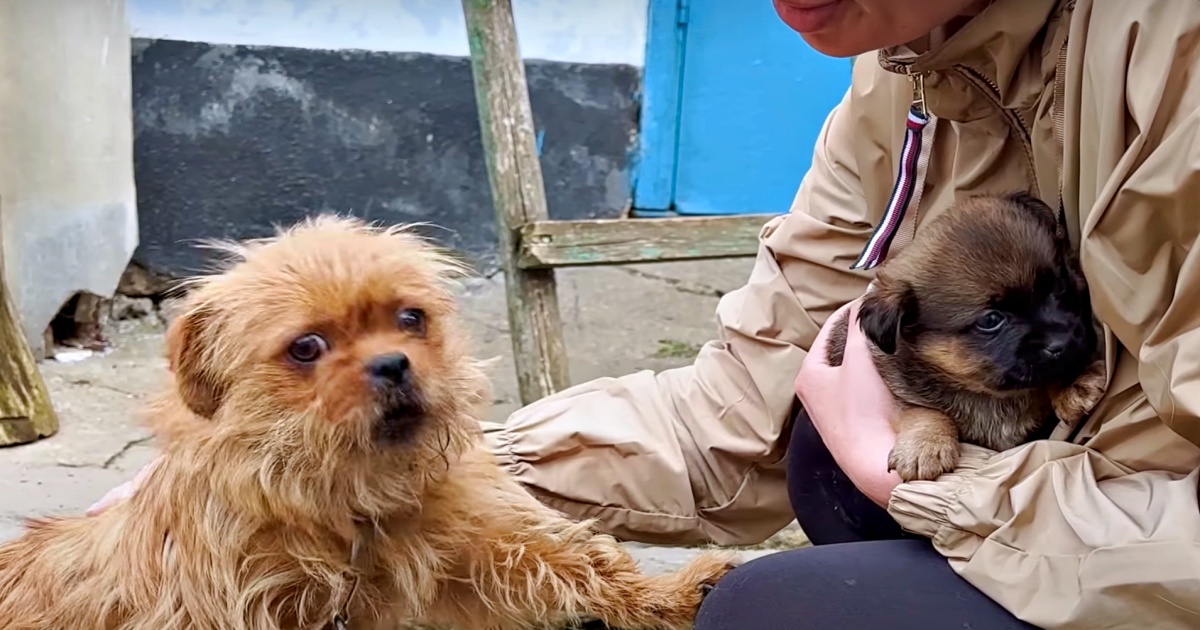
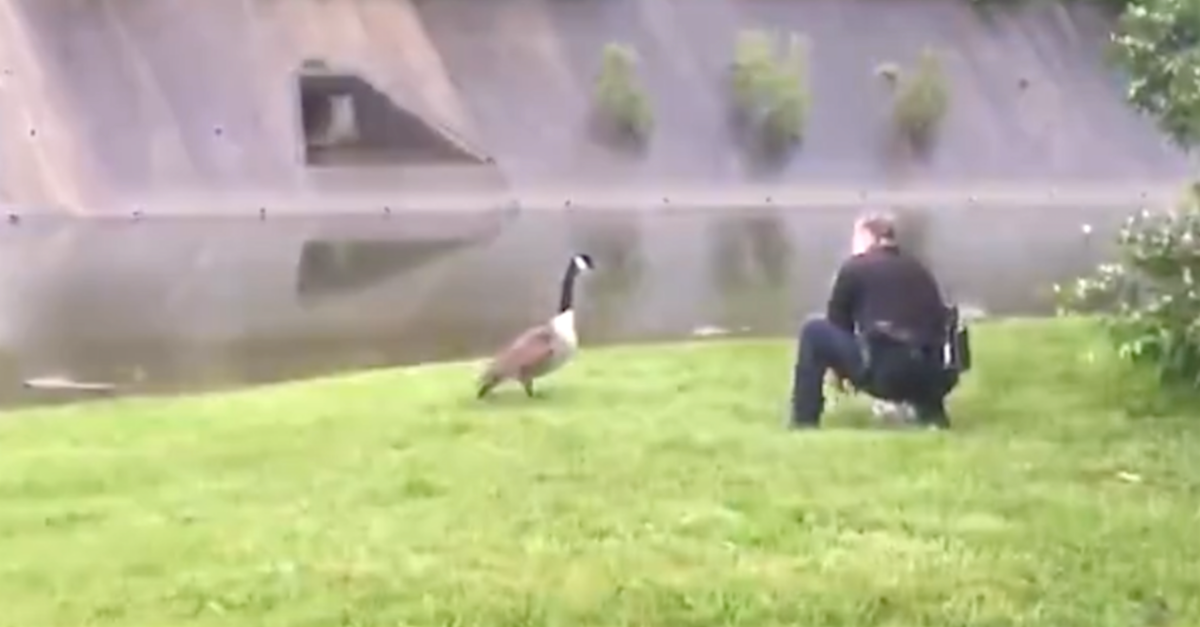
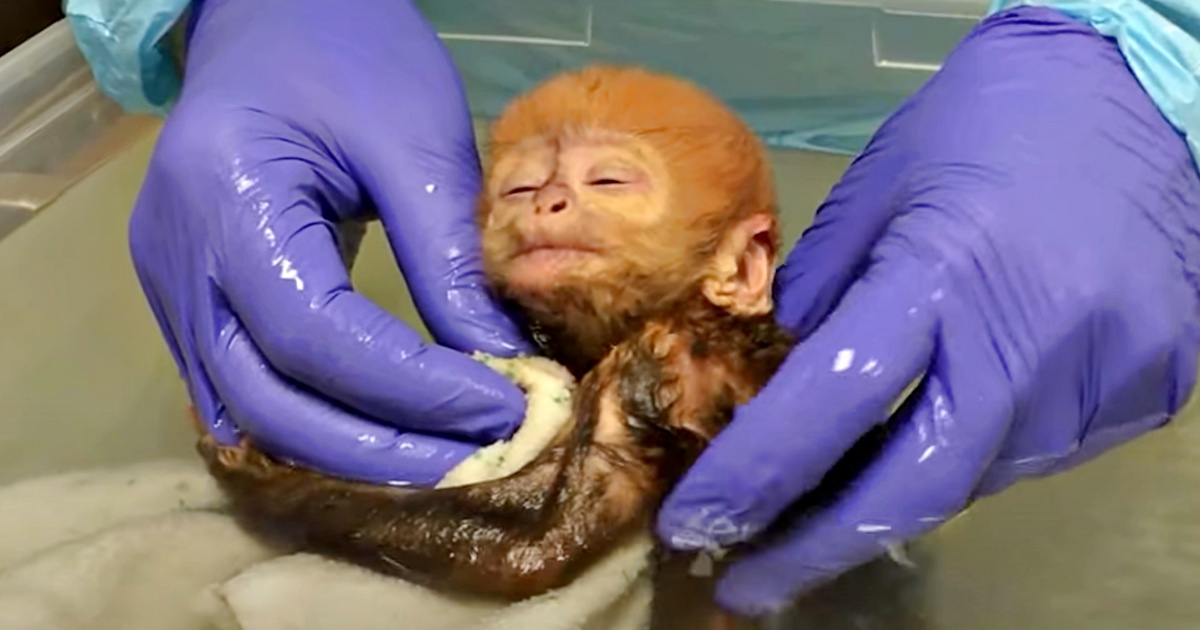

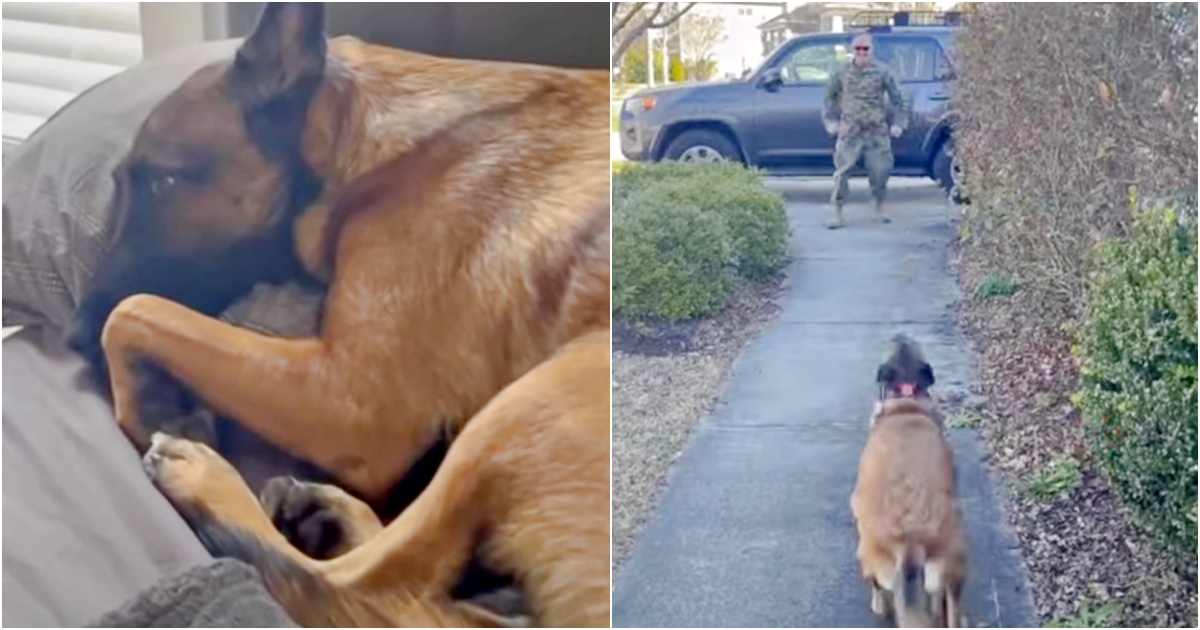
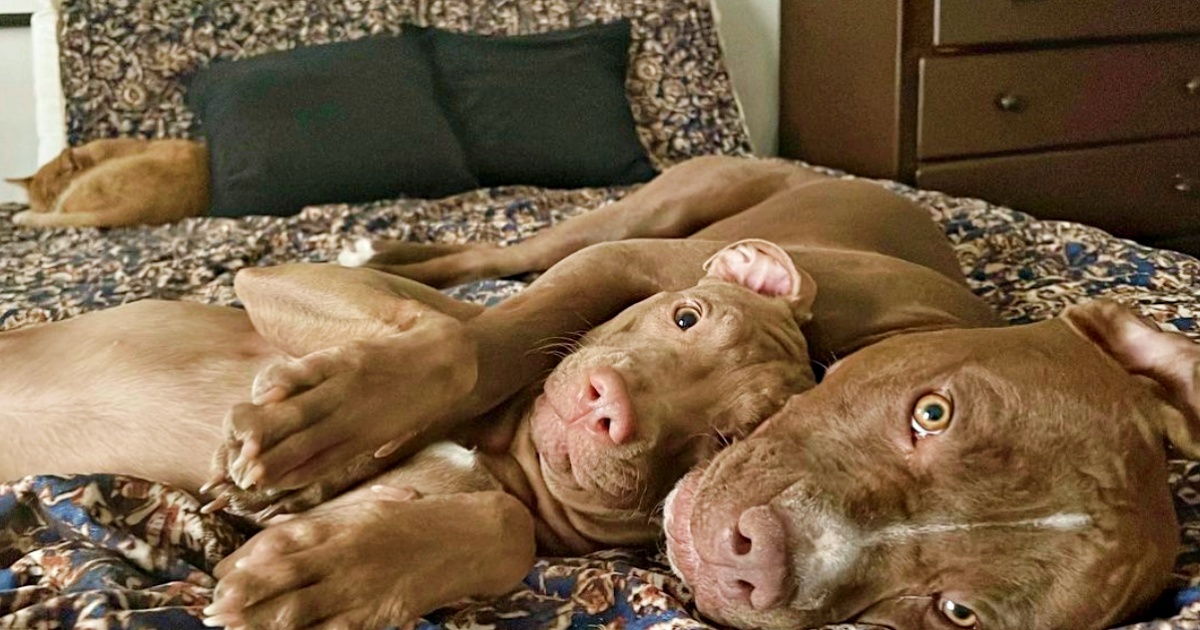






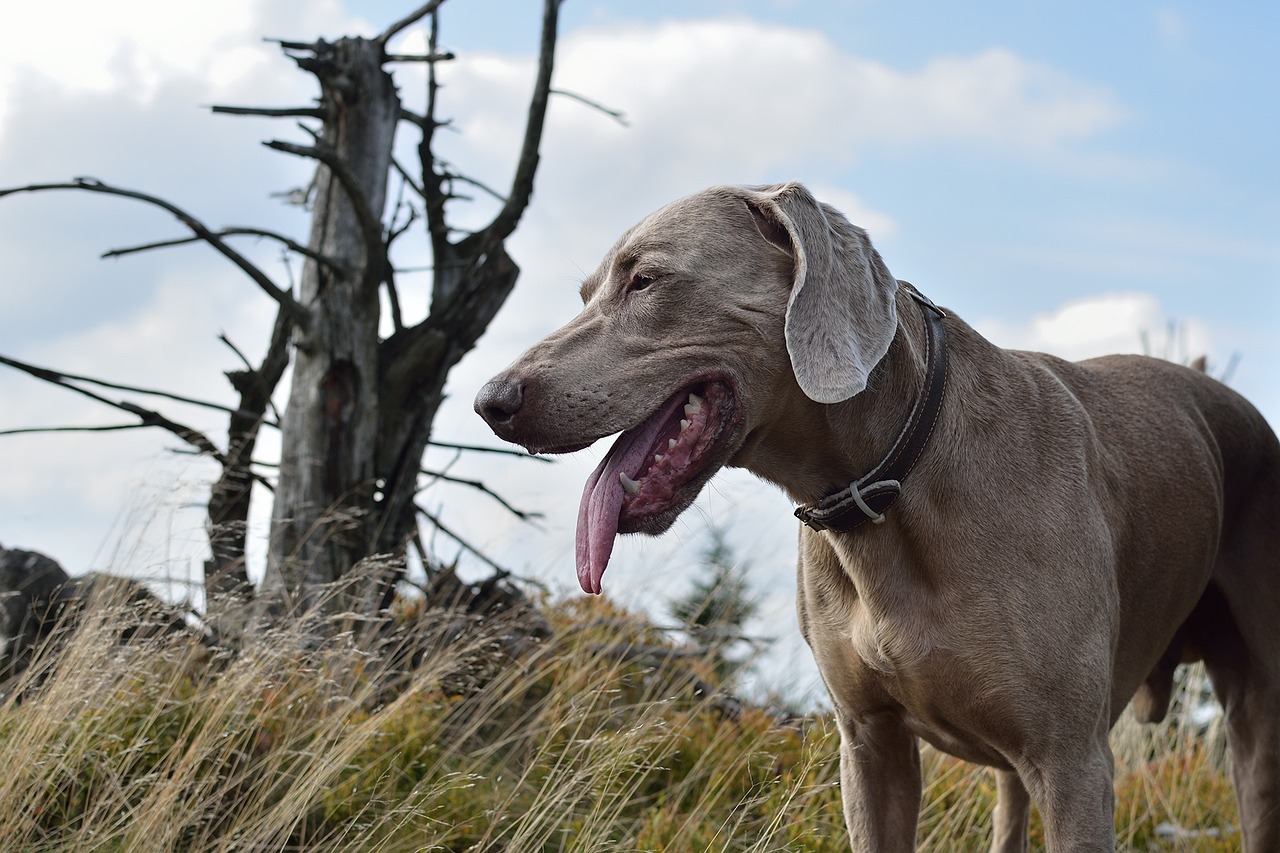





 English (US) ·
English (US) ·